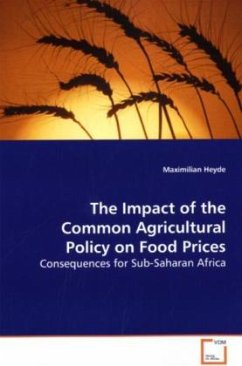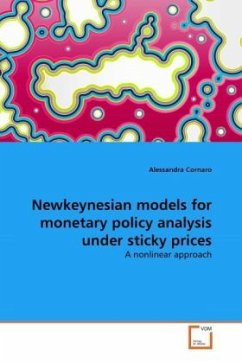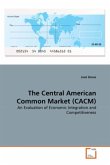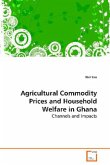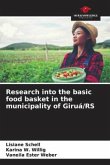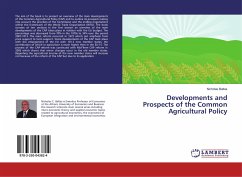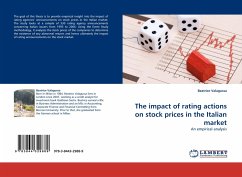The agricultural sector is the most protected sector
within the European Union. Although European farmers
receive significant sums of subsidies each year in
order to protect them from global competition and to
ensure their survival in a changing market,
fluctuating food prices regularly represent an issue
for controversy. As a result, the agricultural budget
is constantly inflating. How does the Common
Agricultural Policy (CAP) of the European Union
effect food prices and what are the consequences for
both European and non-European farmers? The author
Maximilian Heyde investigates the impact of this
policy on rural development in Sub-Saharan Africa. He
outlines the historical development of the CAP and
illustrates its economic mechanisms and consequences.
Market distortions caused by the CAP in Sub-Saharan
Africa are deducted and finally different
possibilities for trade liberalization are evaluated.
The book contributes to seeing the discussion in a
broader context and is, thus, addressed to an
interested public, economic development cooperations
and farmer unions but also to students of economics
and development studies.
within the European Union. Although European farmers
receive significant sums of subsidies each year in
order to protect them from global competition and to
ensure their survival in a changing market,
fluctuating food prices regularly represent an issue
for controversy. As a result, the agricultural budget
is constantly inflating. How does the Common
Agricultural Policy (CAP) of the European Union
effect food prices and what are the consequences for
both European and non-European farmers? The author
Maximilian Heyde investigates the impact of this
policy on rural development in Sub-Saharan Africa. He
outlines the historical development of the CAP and
illustrates its economic mechanisms and consequences.
Market distortions caused by the CAP in Sub-Saharan
Africa are deducted and finally different
possibilities for trade liberalization are evaluated.
The book contributes to seeing the discussion in a
broader context and is, thus, addressed to an
interested public, economic development cooperations
and farmer unions but also to students of economics
and development studies.

